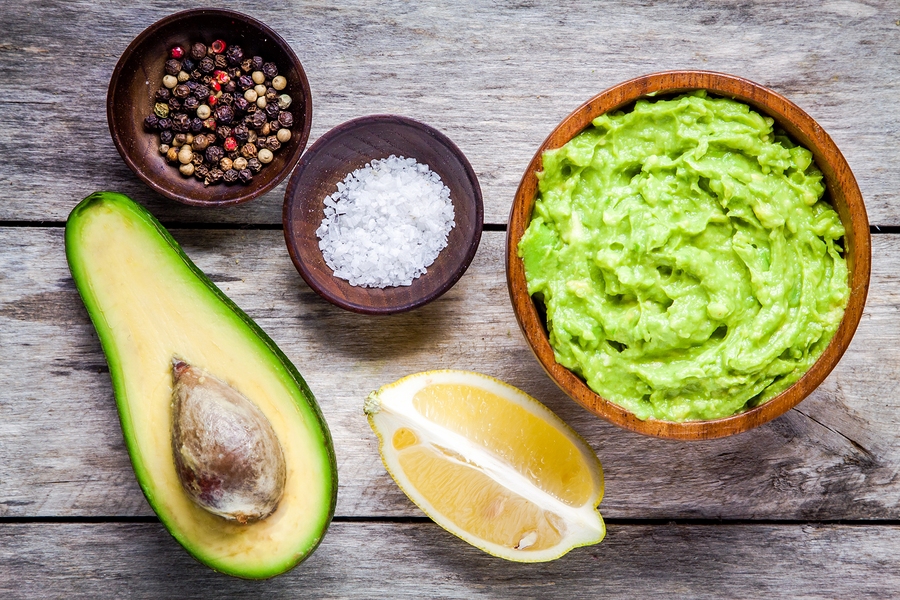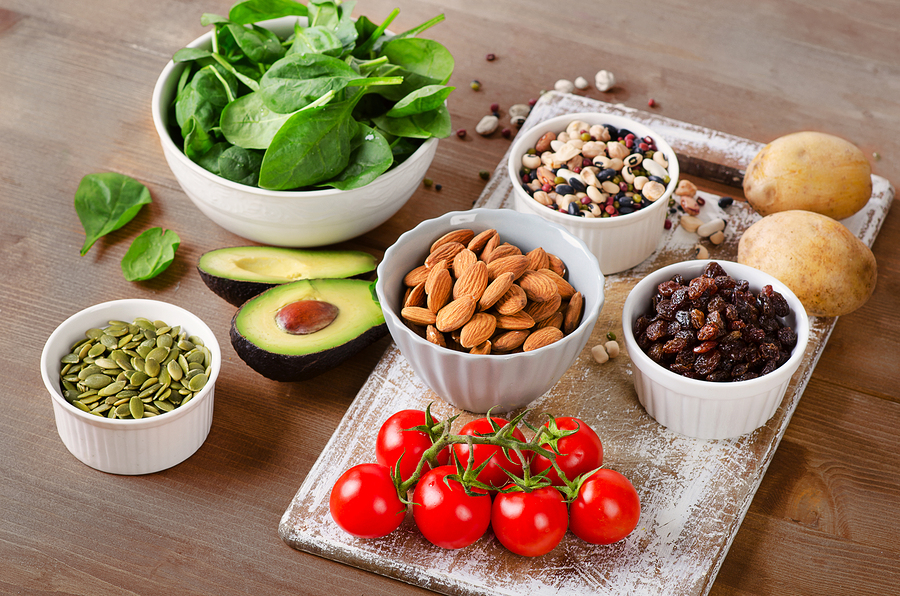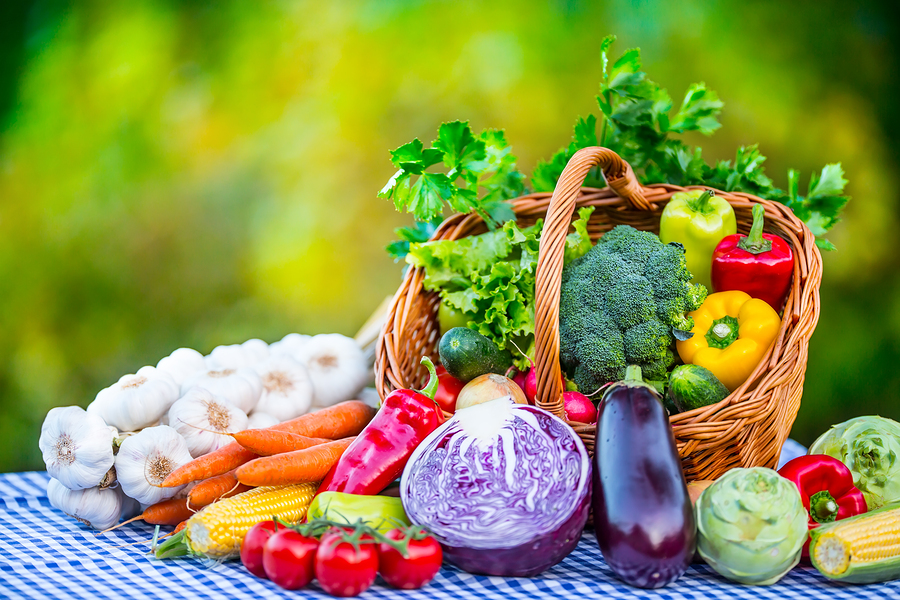- Make It Yourself Lavender Heart-Shaped Bath Bombs!
- 20 Things You Never Knew About “Down There”
- 12 Best Foods For Those Suffering From Arthritis Pain
- 12 Personal Hygiene Mistakes Almost Everyone Makes (Mom Never Told You About #4!)
- 15 Medicinal Plants And Herbs From The Cherokee People
- 12 Mind-Blowing Benefits Of Drinking Coconut Water During Pregnancy
- 12 Outstanding Winter Foods That Won’t Fatten You Up Like A Christmas Turkey
Decrease The Amount Of Salt In Your Body: Learn How!

Photo credit: bigstock.com
It happens to everybody at one time or another. You consume too much salt and you feel uncomfortable. You are retaining fluids, your rings are stuck on your fingers, and your ankles are swollen. Salt is in most foods already, but many people add salt when the food is on your plate.
It is very easy to use too much salt when you eat, or even when you drink. Regular salt isn’t too much of a problem, but when you have too much salt in your body you could end up with high blood pressure which could result in a heart attack or even a stroke.
If you are retaining fluids the sooner you can get rid of them, the better off you will feel. Find out more about the 13 ways to eliminate the excess salt in your body!
1. Use foods that are natural diuretics
When you consume foods that are natural diuretics, they will help your body easily and quickly release some, or all of the retained fluids. Look for fresh cabbage – cook it without any added salt – and cranberry juice that has no additional sugar in it.
2. Consume foods that are rich in vitamins D, B-5 and B-6
If you have a mild case of fluid retention, try to consume foods that are rich in vitamin B-5, vitamin B-6 and vitamin D. Foods that contain these vitamins include brown rice, low fat dairy, and red meat.
3. Keep your legs elevated
When women are pregnant, many times they retain fluids and it can become dangerous. The best thing to do whether you are pregnant, or just have ankles that are swollen, is to keep your legs elevated. Lay down and put your legs up on a couple of pillows so they are raised up. You should elevate your legs for about 30 minutes at a time for up to four times a day and you will see the bloating disappear.
4. Consume lots of water
Many people are afraid to drink more water when they are bloated, but that is actually one way to rid yourself of extra sodium. When you drink a lot of water it helps to flush your system and takes the excess sodium with it. Even though you may be bloated, using too much sodium can leave you dehydrated so you will always need additional fluids.
Continue to Page 2

Photo credit: bigstock.com
5. Eat foods that are rich in potassium
It is very important to make sure that your body has enough potassium in it. When you have too much sodium and you are retaining fluid, potassium will be able to help the body release the fluids. Foods that are brimming with potassium include raisins, spinach, bananas, and carrots.
6. Stop using salt
The suggested amount of sodium based on the Dietary Guidelines for Americans is 2,300 milligrams per day. If you have problems with your kidneys, high blood pressure, are African American, or more than 51 years of age, you should not use salt and keep your consumption of sodium to around 1,500 milligrams per day.
7. Don’t eat foods that are high in sodium
There are so many foods that are high in sodium that you should stay away from completely or try to find the salt-free versions. Stay away from canned meats and fish, foods that are cured, brined, or smoked, and many fast foods. In addition, beware of any packaged foods that have a seasoning packet you have to add to the foods as you prepare them, such as ramen noodles, and macaroni and cheese. Also, high in sodium are fish sauce, barbecue sauce, soy sauce, and ketchup.
8. Keep moving
If you have a chance, make sure you keep moving, whether it is through physical activities, running, or even walking. When you raise your level of physical activity, it keeps your blood flowing which helps your body to release extra fluids out of your extremities. Besides sweating you will eliminate more fluids as you urinate.
Continue to Page 3

Photo credit: bigstock.com
9. Eat only fresh foods
Besides staying away from processed or junk food, you should only consume fresh fruits and vegetables. Eating a fresh apple is a far cry from jarred applesauce. Make sure you eat plenty of celery, green salads, tomatoes, squash, and asparagus. Once you leave behind the crackers, chips, and dips you will no longer have to worry about fluid retention.
10. Use other spices instead of salt
There are so many more spices around to use to season your food with than salt. Sea salt is better for you than regular iodized salt to begin with, as it has minerals and vitamins you won’t find in table salt. Besides that, you can use pepper, paprika, oregano, turmeric, and garlic, just to name a few. Fresh herbs are also great substitutions for salt that will elevate your foods with flavor. Try rosemary, thyme, and sage for a change.
11. Rinse any foods that are canned
If you do have to use some foods that are canned, make sure that you rinse them thoroughly. Many canned beans are soaking in a salty mixture that is not necessary when you are cooking with them. There are even fruits that don’t have extra sugar but must be drained from the canned juices they have been packed in.
12. Check the labels on all foods to see the amount of sodium
Make sure to check every label to see how much sodium there is in the food you are buying. Canned soups are notorious for carrying more than their fair share of sodium. Be extra careful, as one national brand had 800 calories in their low sodium variety but half of that in their healthy version.
READ ALSO: America’s Salt Addiction In Numbers Infographic
13. Eat plenty of parsley
Parsley is a super food when it comes to ridding the body of toxins and helping to keep the kidneys clean. The kidneys need all the help they can get as they filter the salt out of the body. Try making a tea with the parsley and sip it during the day to relieve yourself from the excess salts in a safe way.
References:
































